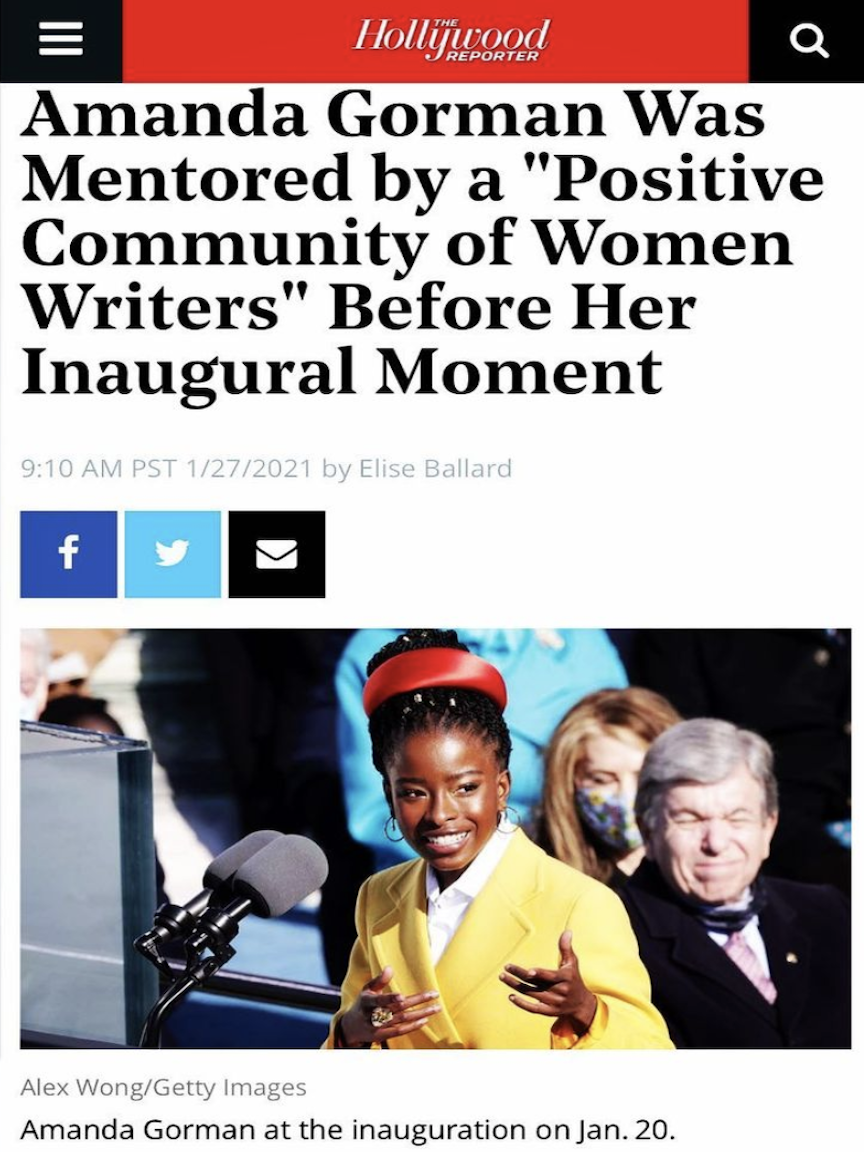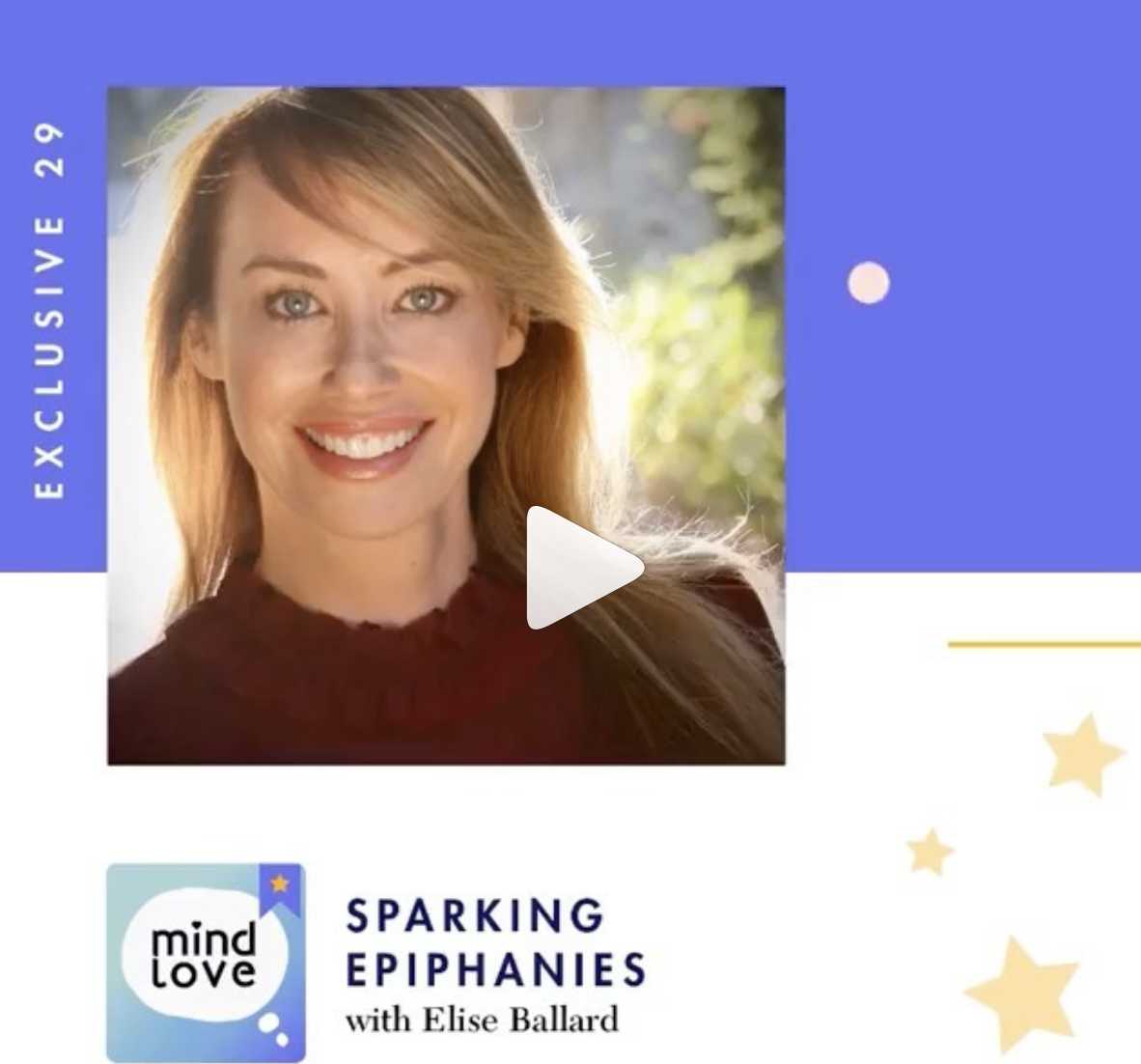Stating the obvious, I love documentaries and true stories, and over the past year, I have seen several that I think everyone should put on their list of must-see films. These include Waiting for Superman, an extremely eye-opening film about our U.S. school system and crisis, and Inside Job, the Academy-award winning film about the financial meltdown of our country in the past few years. Contrary to popular belief, this film is bi-partisan and really gives the layman who didn’t completely understand how it all worked (like me) an idea of what and how it happened.
Last weekend I saw a documentary that I also REALLY encourage people to see:
It is Tom Shadyac’s I Am.
Tom is a big-time Hollywood director whose credits include films like Ace Ventura: Pet Detective, The Nutty Professor, Liar Liar, Patch Adams, and Bruce Almighty. He had an epiphany (yes, working on getting his interview) after having an accident that made him evaluate his life and change it drastically. He then goes on a quest with a camera crew asking world-renowned thinkers and leaders primarily in science but also religion, spirituality and philosophy (people like our very own Desmond Tutu) about what is wrong with our world and what we can do about it. He seems to have come up with a very different, much more dynamic outcome than he expected – which I’ve found tends to happen when people embark on these kinds of quests, yours truly’s quest included.
Shadyac calls the film “I Am” because back in the day, when the prolific English writer G.K. Chesterton was invited by The Times along with several eminent authors to write essays on the theme “What’s Wrong with the World?” Mr. Chesterton wrote:
Dear Sirs,
I am.
Sincerely yours,
G. K. Chesterton
If you see this film you will understand this quote and title even more.
Things that were scientifically proven to be true throughout the journey of this must-see documentary were:
1.) The entire human race is connected.
2.) We are all hard-wired to cooperate and live in community, not competition.
3.) When species in nature take more than they need from the earth, they end up being destroyed. ie: when cells start taking more than they need in our bodies, it is known as cancer. In other words, humans better look at what they’re doing by taking more than they need from the planet. (Also see Story of Stuff or read Annie Leonard’s interview in my book.)
I also saw Oprah talk about this (I’m one of those people DVRing the last 25 shows), and she said the film also proved, “If you don’t do what your heart wants you to do, it can destroy you.” I agree with this, but I didn’t feel like this was as obvious a conclusion to his research as the others, though there is lots of incredibly interesting research about the heart included that I’d never heard before. But as she talked about on her show, this film opens a conversation that needs to be had.
The film is dense with information, it’s interesting, humorous at times and it definitely makes you think much later after you’ve left the theatre about the societal structures we’ve designed and our part in them and how they might be improved, changed – maybe even overhauled – so that we are living more harmoniously with nature and one another. Maybe it will only slightly change your perspective and way of looking at our structures and the ways we’re living our lives, but if enough people have that happen, it could make a difference. Maybe it does nothing for you but entertain you. Maybe you will hate it, I doubt it, but everyone is different. But for only two hours out of your life and a few bucks, you can see for yourself and join the conversation.









